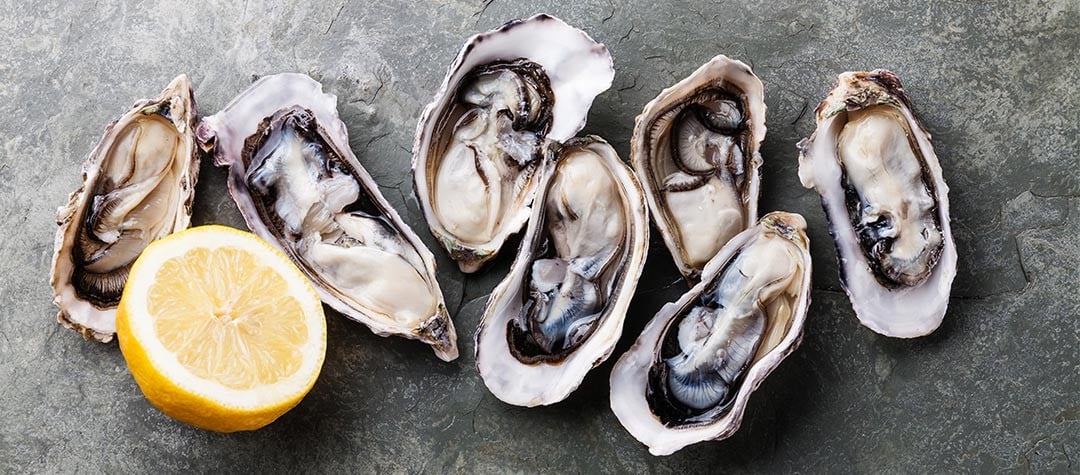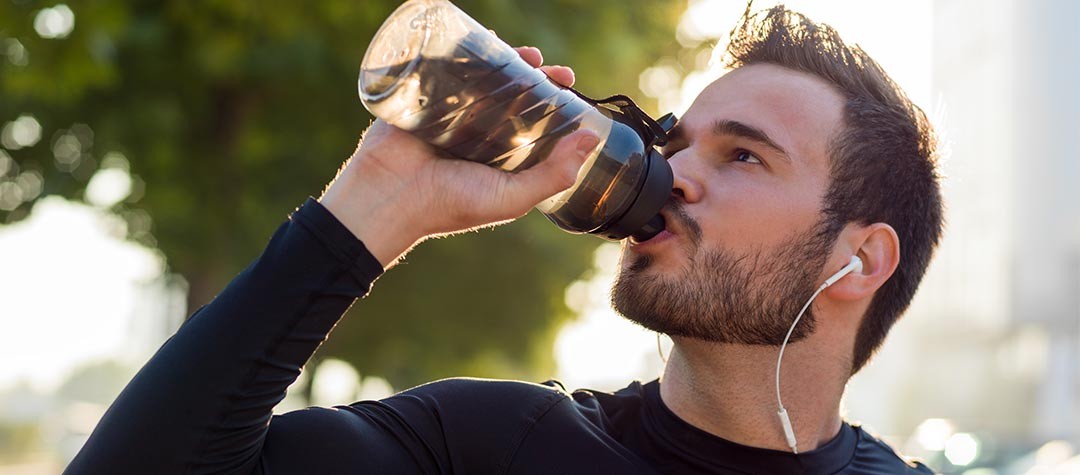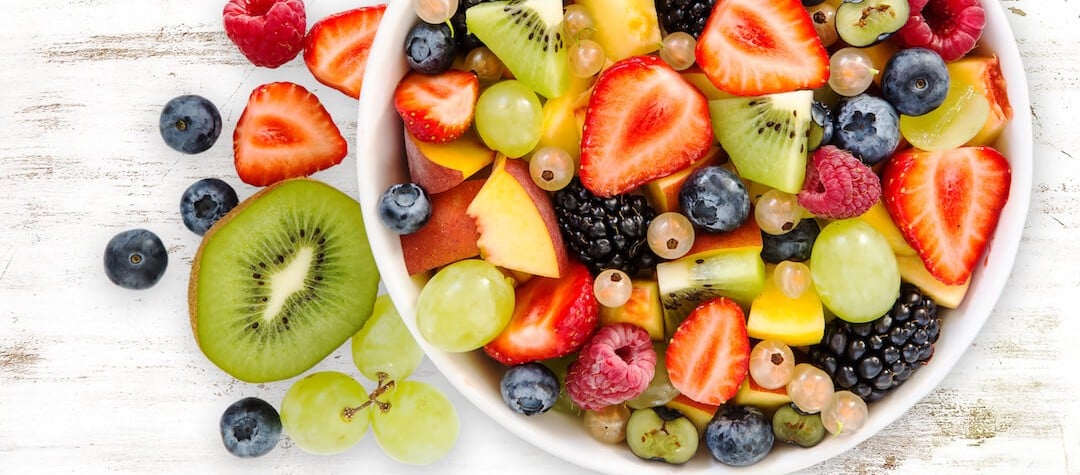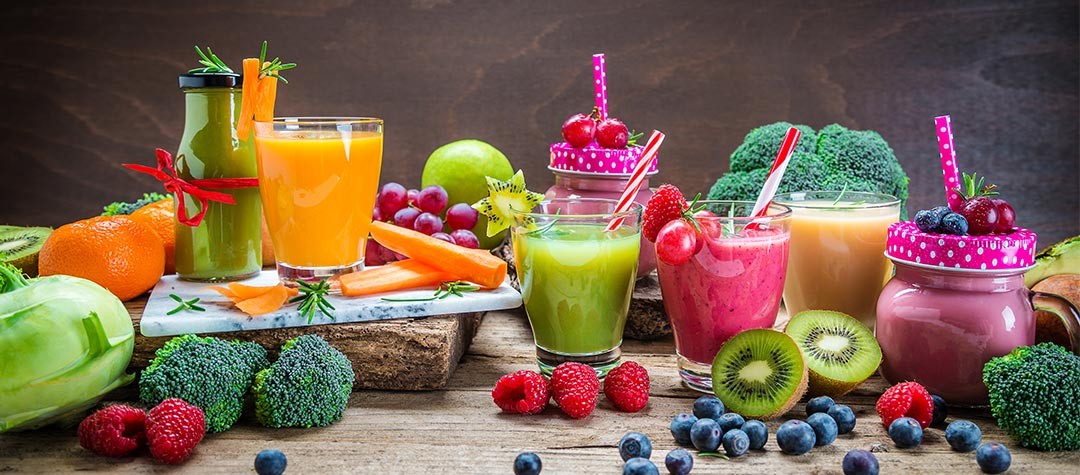Find out all about the importance of protein to those exercising and learn how it is a vital part of sports nutrition.
How does protein affect the body when exercising?
Protein and carbohydrates are generally considered as the two central building blocks for sport nutrition; carbohydrates providing fuel and energy for exercise, and protein as the body’s main source for muscle recovery. But this is not its only purpose, protein is also used as a rich source of nutrients, used both during and after exercise. This helps in the formation of bones and connective tissues that support muscles used when working out, as well as transporting nutrients and waste around the body. Protein can also serve as a source of energy during workouts when carbohydrates and fat stores have been used, a rather handy pre-workout snack.
How much protein to include in a diet?
Exercise goals, exercise regimes and individual bodies differ, yet the general amount of protein recommended in a diet is around 0.8g per pound of body weight. Not eating enough protein can have some negative effects; fatigue and the burning of existing muscle can happen if you’re not eating enough protein. Luckily however, protein can be found in a variety of foods which are easily available and can be a popular option for supplements and powders which can be easily added to your diet.
How can a vegan or vegetarian diet affect exercise?
A vegan or vegetarian inevitably consumes less protein compared to someone who eats fish, poultry, beef etc as meat is the richest source of protein. However many other non-meat foods contain enough protein to compensate for that lost by not eating meat, and when consumed, these foods will enrich any diet with enough protein to aid muscle growth and repair. Many studies such as the 2012 Journal of the International Society of Sports Nutrition show that the performances of vegetarian athletes were not affected by their diet, but instead performed just as well to their meat-eating counterparts. Although meat is a great source of protein, as an athlete there is no need to include it into your diet as other plant-based protein foods are substantial enough.
What is the best source of protein?
Proteins are generally broken down into two main groups; complete and incomplete. Complete proteins are ideal for exercise, repair and particularly muscle growth, as they contain all the amino-acids that our bodies cannot make, these include most animal products such as meat, milk, fish, eggs and so on. It is best to consume these food straight after exercise as protein provides the building blocks needed to repair your body after exercise. Incomplete proteins found in plant foods lack certain amino acids required to build cells, although when combined, join to satisfy all the needs of the body. These include nuts or seeds, legumes, grains, vegetables and fruit which are effective individually or combined to provide your body with the protein it needs.
When should protein be eaten?
Eating an even intake of protein throughout the day is the best method to increase muscle growth, adding nutrients and continuing to repair muscles and tissues continually through the day. Eating protein before a workout increases the nutrients absorbed both before and after exercise, encouraging your body to repair itself more efficiently once your workout is finished. Around 30-60 minutes following exercise is the best time to consume protein as the body is able to begin recovery more quickly, repairing the muscles making them larger and stronger.
What are the benefits of protein supplements?
Protein is a necessary part of everyone's diets and protein supplements are considered a popular option to increase repair and growth after exercise. Although you don't have to take supplements to see the benefits of exercise, supplements, most popularly protein powder, provide not only a source of protein, but aid fat loss and can even curb hunger. Physical results, although reached without the help of supplements, can be achieved more easily and quickly using protein supplements. Supplements are popular in many sports, but most commonly used by bodybuilders who focus on quick muscle growth.
Will protein sports drinks improve performance?
Not much is known about the reliability of protein and sports drinks improving performance, though when combined with carbohydrate drinks, one study showed that productivity during cycling endurance improved slightly. However these results aren’t conclusive and little is known about how effective protein drinks can be during exercise, instead the focus of protein energy drinks remains upon the noticeable improvement of repair after exercise.
Is protein only used for muscle development?
A lot of people think that protein is only used for muscle growth and repair, however it can provide a lot of other benefits, such as refueling your stores of nutrients and amino acids which have been lost during exercise. Other functions include helping the body’s functions within cells, transferring different elements around the body and providing an alternative fuel to carb and fat stores. Even if muscle gain and growth isn't the key aim to your sport, protein is still an important feature and is needed within every diet.
Is protein important only for weightlifters?
The general misconception is that high-protein diets are only needed for bodybuilders, yet all athletes need protein to keep the body repaired and functioning. Bodybuilders need protein for muscle growth, endurance athletes on the other hand need protein for muscle repair that is being damaged by exercise. Carbs are considered as the the best source of fuel for duration sports, yet protein is an important energy supply and keeps muscles healthy. During the second to third hour of exercise your body needs some form of protein as fuel, without it fatigue and energy supply fails. Around 15 per cent of calories burnt during sports are from proteins, and if unavailable, the body will begin to burn lean muscle tissue for fuel which is counter productive.
What harm can a high protein diet cause?
High-protein diets are not generally harmful to your body but if you continue it for long periods of time, lots of protein in your diet affect the body and your exercise. An overly protein-rich diet can cause a lack in nutrients which can cause problems with the digestive system, headaches and other minor issues. eating lots of red meat and full-fat dairy products can increase your risk of developing cardiovascular diseases including heart disease. Protein can also cause damage to kidneys aggravating symptoms of kidney disease when eating too frequently. Although these are extreme cases, you should be careful when considering a high protein diet, nutritionists or doctors can help you plan and organise a healthy balanced diet tailored to your individual needs.














